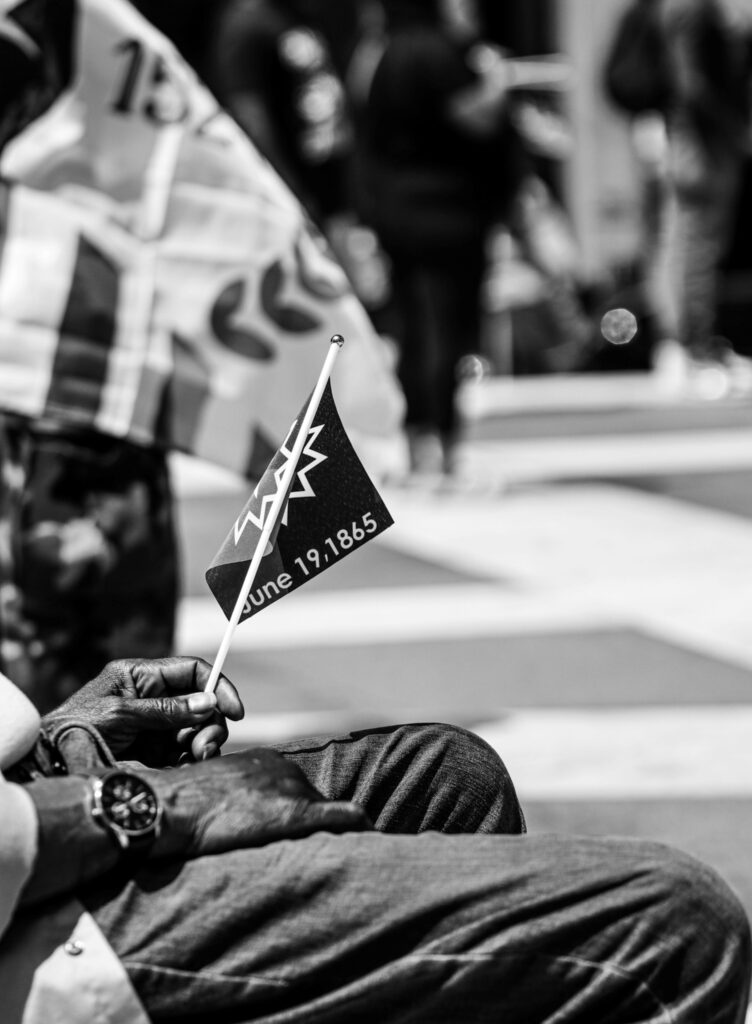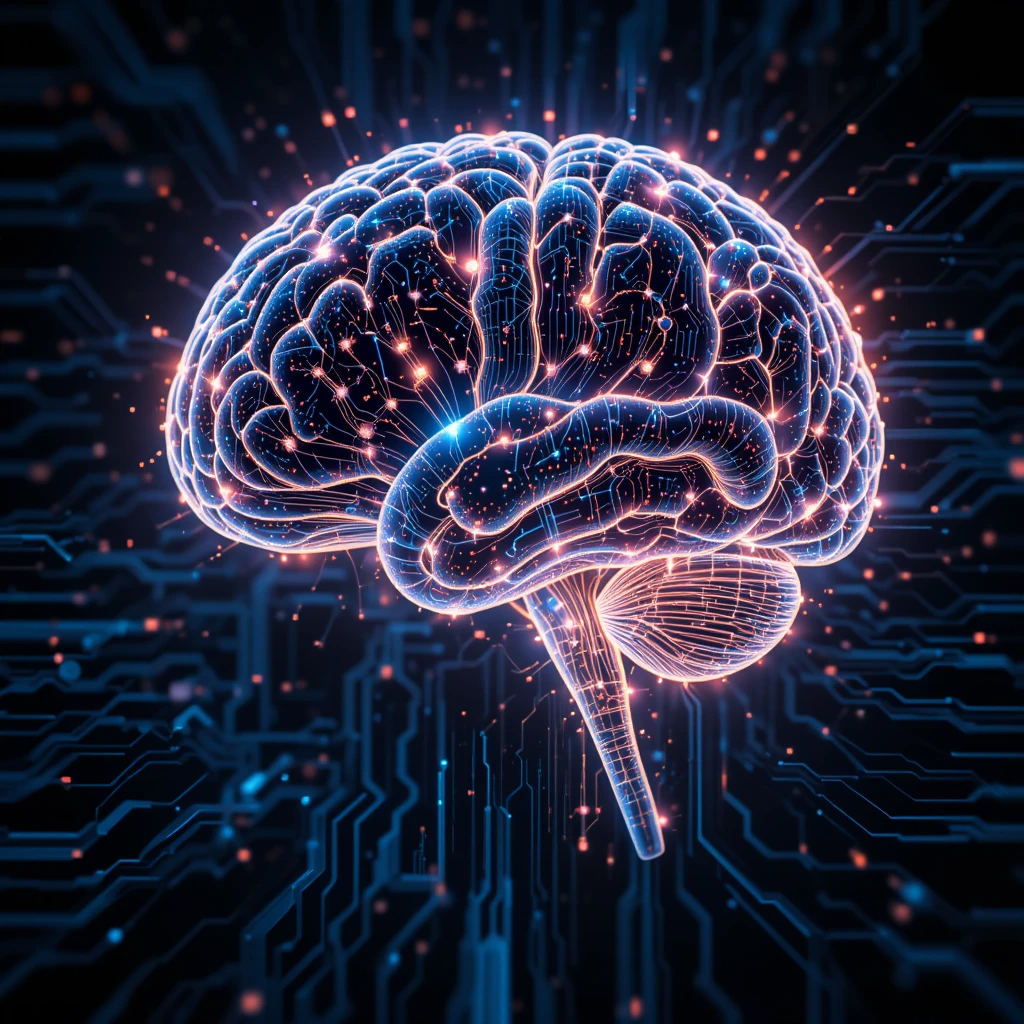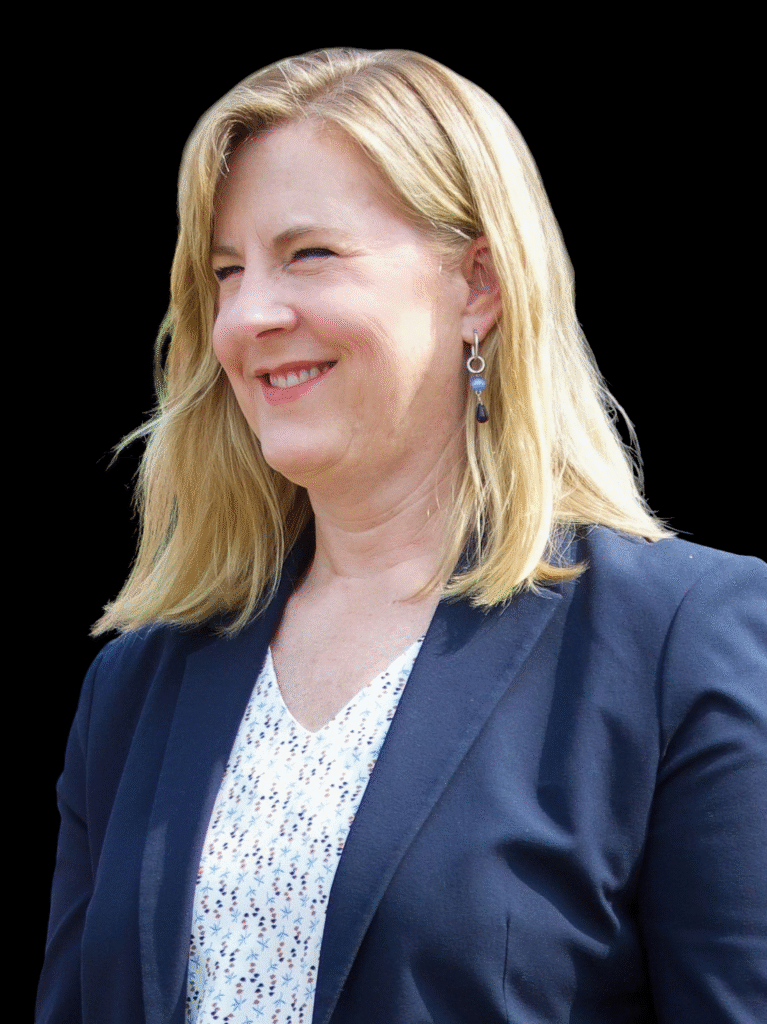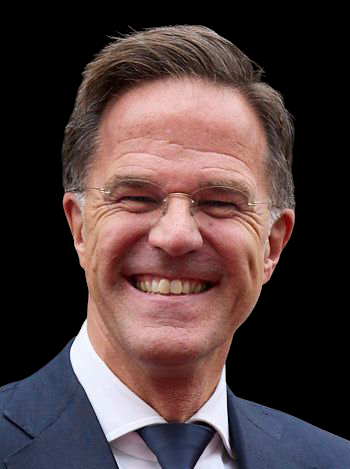The “No Kings” Protest Movement: Origins, Meaning, and Global Impact.

Introduction
Throughout history, many political movements have emerged to challenge authority, demand justice, and advocate for freedom. Among these is the “No Kings” protest movement, a modern expression of anti-authoritarian sentiment, opposing absolute rule, centralized power, and unchecked authority. While the phrase may sound simple, it carries deep historical and political weight that continues to influence social discourse worldwide.
This article explores the origins, meaning, and significance of the “No Kings” protest, its philosophical roots, and its impact on modern movements around the globe.
1️⃣ The Origins of the “No Kings” Protest
Historical Background
The “No Kings” sentiment can be traced back to some of the earliest struggles against monarchy and absolute rule. Historically, monarchies represented the concentration of power in the hands of a single ruler, often with little accountability or concern for individual freedoms. Key historical events include:
-
The English Civil War (1642–1651)
A conflict that challenged the authority of King Charles I, leading to his execution and the establishment of a brief republican government. -
The American Revolution (1775–1783)
American colonists rejected King George III’s rule, leading to the creation of a democratic republic based on the principle of self-governance. -
The French Revolution (1789–1799)
Marked by the overthrow of Louis XVI and the abolition of the monarchy in favor of democratic ideals.
These historical revolutions inspired the “No Kings” ideology, rooted in the belief that no single person should hold absolute power over others.
2️⃣ Philosophical Foundations of “No Kings”
Key Political Philosophies
Several political ideologies contribute to the “No Kings” philosophy:
-
Anarchism
Advocates for a stateless society where individuals govern themselves without hierarchical authority. -
Libertarianism
Promotes individual liberty, minimal government interference, and personal responsibility. -
Democracy and Republicanism
Emphasizes elected representation, checks and balances, and rule of law instead of hereditary rule. -
Anti-Fascism
Opposes dictatorial power and authoritarian rule in any form.
Key Thinkers
-
John Locke — Advocated for natural rights and government by consent.
-
Thomas Paine — In his book Common Sense, Paine argued against monarchy and for democratic governance.
-
Murray Rothbard — A key figure in libertarian thought, emphasizing voluntary cooperation over coercion.
3️⃣ Modern Interpretations of “No Kings”
While historically tied to monarchies, the “No Kings” slogan has evolved to oppose all forms of:
-
Authoritarianism
-
Dictatorships
-
Totalitarian governments
-
Corporate monopolies
-
Unequal power structures
It symbolizes resistance to any institution or person who attempts to rule without the consent of the governed.
Examples in Pop Culture
-
Protests against authoritarian regimes
In countries like Belarus, Iran, and North Korea, protesters often invoke the spirit of “No Kings” to oppose unchecked power. -
Social media hashtags
The slogan is often used in online activism, promoting freedom, equality, and decentralized governance.
4️⃣ Key Movements and Protests Inspired by “No Kings”
Occupy Wall Street (2011)
-
Targeted economic inequality and corporate influence on government.
-
Protesters opposed “the 1%” controlling wealth and political power.
Arab Spring (2010-2012)
-
A wave of anti-government protests across the Middle East and North Africa.
-
Called for democratic reforms and an end to authoritarian rule.
Hong Kong Protests (2019-2020)
-
Opposed the erosion of democratic freedoms under China’s increasing control.
-
The “No Kings” philosophy appeared in calls for autonomy and resistance against centralized authority.
5️⃣ The “No Kings” Message in Today’s Political Climate
In Democracies
Even in democratic societies, citizens invoke the “No Kings” philosophy to:
-
Criticize corruption.
-
Oppose government overreach.
-
Advocate for civil liberties and transparency.
In Authoritarian Regimes
Activists use the slogan to challenge:
-
Dynastic political families.
-
Military rulers.
-
Leaders who manipulate constitutions to extend power.
6️⃣ “No Kings” in Global Symbolism
The phrase has become a universal symbol for:
-
Freedom
-
Human rights
-
Decentralization
-
Accountability
-
Equal representation
Many activists wear clothing, carry banners, and share memes with “No Kings” to emphasize their stand against oppression.
7️⃣ Criticisms and Challenges
While the message is powerful, critics argue:
-
Complete lack of authority can lead to instability.
-
Some hierarchical structures are necessary for societal function.
-
Radical anti-government sentiment can sometimes fuel extremism.
However, most supporters of the “No Kings” idea emphasize responsible self-governance, not lawlessness.
8️⃣ The Future of the “No Kings” Movement
As technology enables better communication and grassroots organization, the “No Kings” philosophy may continue to gain momentum:
-
Decentralized finance (DeFi): Empowering individuals to control their money without centralized banks.
-
Blockchain and Web3: Creating decentralized internet platforms not controlled by tech giants.
-
Direct democracy tools: Allowing citizens to participate directly in governance decisions.
The movement symbolizes an ongoing global struggle to balance power, freedom, and responsibility.
Conclusion
The “No Kings” protest is not simply a rejection of monarchies but a broader philosophy that challenges any form of unchecked authority. Rooted in centuries of struggle for self-governance, it remains a relevant and powerful message today.
As the world continues to evolve, the core principles behind “No Kings” — freedom, equality, and accountability — will remain at the heart of democratic movements and social change across the globe.





